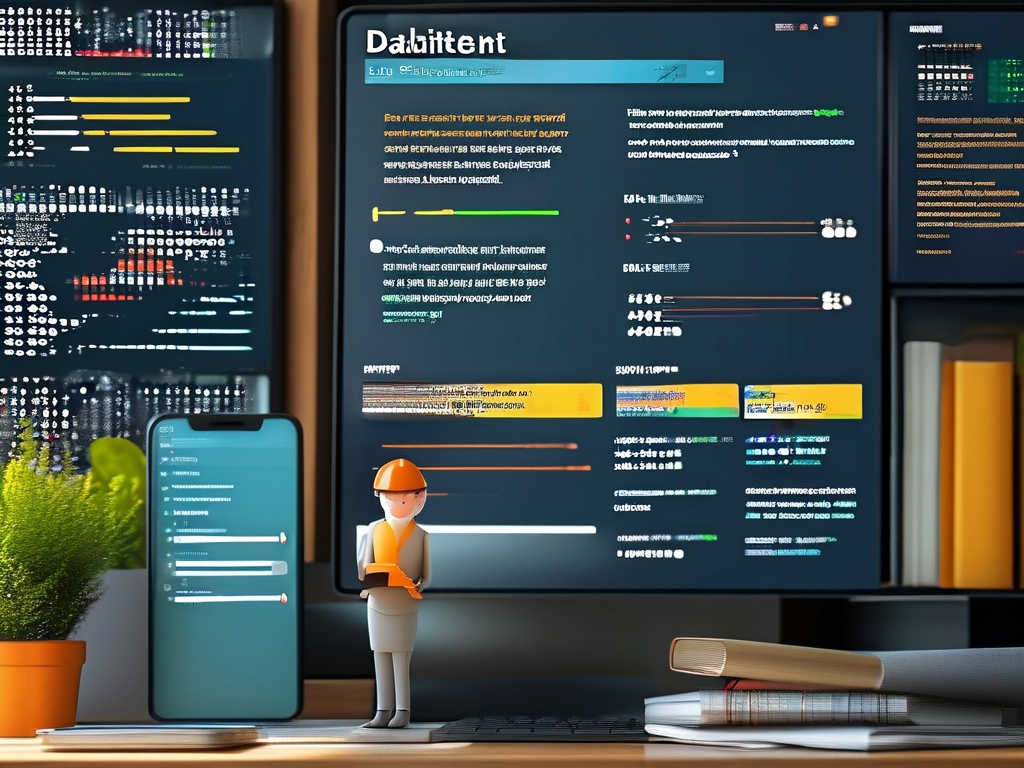In today’s data-driven business landscape, the role of a Data Audit Engineer has become increasingly critical. Organizations rely on these professionals to ensure data integrity, compliance with regulations, and the optimization of data systems. However, hiring the right candidate for this specialized role requires a clear understanding of the technical, analytical, and regulatory competencies they must possess. Below, we explore the key requirements for recruiting a qualified Data Audit Engineer, covering educational background, technical skills, industry certifications, and soft traits.

1. Educational Background
A strong academic foundation is non-negotiable. Most employers seek candidates with at least a bachelor’s degree in computer science, information systems, data science, or a related field. Advanced degrees, such as a master’s in data analytics or cybersecurity, are highly preferred, especially for senior roles. Coursework in statistics, database management, and programming provides a theoretical base for auditing complex data ecosystems.
2. Technical Expertise
Data Audit Engineers must navigate a wide range of tools and systems. Key technical skills include:
- Data Analysis Tools: Proficiency in SQL, Python, R, or SAS for querying and analyzing datasets.
- Database Management: Experience with relational databases (e.g., MySQL, PostgreSQL) and NoSQL systems (e.g., MongoDB).
- Audit Software: Familiarity with tools like ACL, IDEA, or Tableau for visualizing and validating data flows.
- Cybersecurity Knowledge: Understanding encryption, access controls, and vulnerability assessments to safeguard sensitive data.
- Cloud Platforms: Expertise in auditing cloud-based systems (AWS, Azure, Google Cloud) is increasingly vital as companies migrate to the cloud.
3. Regulatory Compliance Experience
A Data Audit Engineer must ensure adherence to laws like GDPR, HIPAA, SOX, or CCPA. Candidates should demonstrate:
- Knowledge of industry-specific compliance frameworks.
- Experience drafting audit reports that align with legal standards.
- Ability to design controls for data accuracy and privacy.
4. Industry Certifications
Certifications validate a candidate’s expertise and commitment to the field. Key credentials include:
- Certified Information Systems Auditor (CISA): Focuses on IT governance and risk management.
- Certified Internal Auditor (CIA): Emphasizes internal audit standards.
- Certified Data Privacy Solutions Engineer (CDPSE): Validates skills in data privacy and governance.
- AWS Certified Security – Specialty: For cloud-focused audit roles.
5. Analytical and Problem-Solving Skills
Data audits often uncover discrepancies or inefficiencies. The ideal candidate should:
- Identify patterns in large datasets to detect anomalies.
- Propose actionable solutions to mitigate risks.
- Use statistical methods to validate data quality.
6. Communication and Collaboration
Unlike purely technical roles, Data Audit Engineers must translate complex findings into digestible insights for stakeholders. Key soft skills include:

- Writing clear audit reports for non-technical audiences.
- Collaborating with IT, legal, and business teams.
- Presenting recommendations to senior management.
7. Attention to Detail
A single oversight in data auditing can lead to compliance breaches or financial losses. Employers prioritize candidates who:
- Methodically review datasets and system logs.
- Document processes with precision.
- Cross-verify results to eliminate errors.
8. Adaptability to Emerging Technologies
The field evolves rapidly with advancements in AI, machine learning, and blockchain. A forward-thinking Data Audit Engineer should:
- Stay updated on tools like AI-driven audit platforms.
- Understand the implications of decentralized systems on data governance.
- Participate in continuous learning through workshops or certifications.
9. Ethical Standards
Handling sensitive data demands unwavering integrity. Employers assess a candidate’s ethical mindset by:
- Reviewing past experiences involving confidential information.
- Asking scenario-based questions about ethical dilemmas.
- Seeking references that highlight trustworthiness.
10. Practical Experience
While entry-level roles may accept limited experience, mid-to-senior positions typically require:
- 3–5 years in data auditing, IT audit, or related fields.
- Hands-on experience with ERP systems (e.g., SAP, Oracle).
- A portfolio of audit projects demonstrating impact.
Recruitment Best Practices
To attract top talent, companies should:
- Offer competitive salaries (average range: $90,000–$130,000 annually in the U.S.).
- Highlight opportunities for professional development.
- Emphasize the organization’s commitment to data ethics and innovation.
Hiring a Data Audit Engineer is a strategic investment in an organization’s data health and regulatory compliance. By prioritizing a blend of technical mastery, regulatory knowledge, and soft skills, employers can secure professionals capable of navigating the complexities of modern data ecosystems. As data volumes grow and regulations tighten, the demand for skilled auditors will only intensify—making a well-structured recruitment process essential for long-term success.







